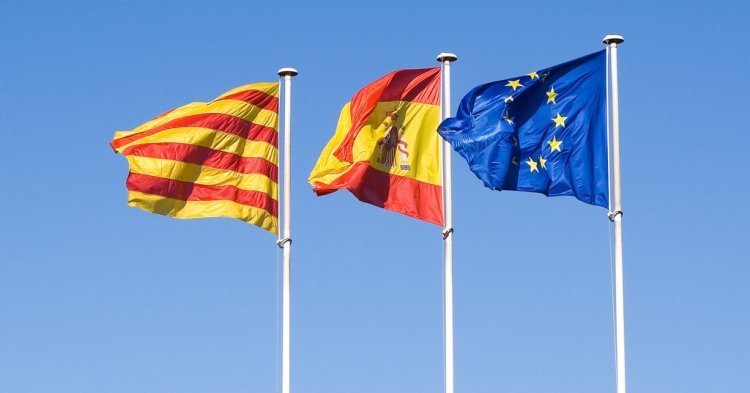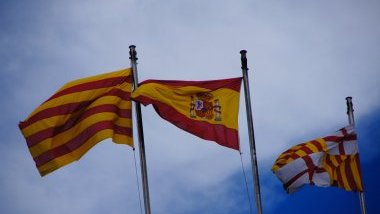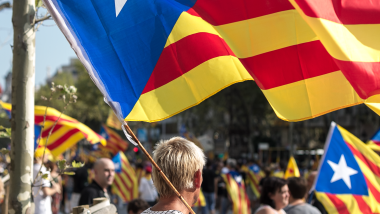The juridical regime of secession: a brief overview
Quid iuris? In analysing this delicate situation, we shall never forget the prominent role of law and its provisions. Accordingly, what does law have to say about secession and referenda to obtain it? First of all, there is no international customary or treaty law disciplining this case. As the International Court of Justice stated in its Advisory Opinion on Kosovo delivered on the 22nd July 2010, and as the Supreme Court of Canada had affirmed in its landmark judgement on the secession of Quebec in 1998, in international law there is no right to secession. International law, we can say, is indifferent to this event. Therefore, secession stays an “internal” phenomenon which must be disciplined by internal legal norms.
It is nonetheless true that international law recognises the right to self-determination, but this principle has a very narrow applicability and the right is practically accorded only to populations subject to foreign occupation, colonial domination or apartheid. This not being the case of Catalonia, self-determination cannot be invoked. Finally, some prominent scholars have hypothesised a so-called “remedial secession”, which in practice would allow a population to secede when oppressed by its own government. As Spain is a fully democratic State, and as the rights and the autonomy of Catalonia are fully respected, this disputed theory cannot be invoked either.
After having made it clear that under international law there is no right to secession, let us have a quick look at the internal Spanish norms. The Spanish Constitution of 1978, in its Article 2, clearly proclaims the “indissoluble unity” of Spain and does not provide for any legal mean to obtain a secession. Moreover, as recently as September 2017, the Spanish Constitutional Court (Tribunal Constitucional) delivered a ruling in which it clearly stated the unconstitutionality of the referendum and obliged the Catalonian government to abstain from holding it.
Democracy without legality?
After this short excursus, can we still say that the referendum was a pacific expression of democracy? How can democracy exist without respect for the supreme constitutional norms and for the rulings of the highest tribunals? Legal rights are granted by laws and the ultimate source of every right is the Constitution. If a right is not granted by the Constitution, it cannot be claimed or attributed on the basis of other questionable arguments. If a right is not granted, this does not mean that democracy is automatically violated. It simply means that that system does not provide for the exercise of that right. No one should claim a right without a legal fundament: this is the elementary basis of the state of law as developed in modern European juridical systems.
This is why I firmly believe that the acts of the Catalan government should be condemned without any reserve, since they menaced and tried to disrupt the legal, democratic order of the State. If we accept the idea that a group of people, as numerous as they might be, can act outside the legal system and ignoring the legal, binding provisions, how can we then justify the respect of the law? State and its organs have the legal obligation to defend the constitutional order from every menace.
By saying so, I do not mean to justify any indiscriminate violence; on the contrary, I believe that the situation could have been managed in a different and smarter way; for example, the police could have occupied the polling places before they opened, impeding people to exercise a non-existent right. What has to be clear, however, is the fact that we cannot condemn a State for rightfully defending its constitutional order.
A puzzling puzzle
A final remark on the paradox we have identified at the beginning of this article. Is it still conceivable to fragment Europe and create a new nation State in a period in which we should build a European identity? If we want to create a real, strong Union towards a federal perspective, what is the point in reasserting our national identity to the point of causing a grave constitutional crisis? Does this strong desire of independence not contradict the European project? I fear I cannot provide the answers here.






Follow the comments: |
|
